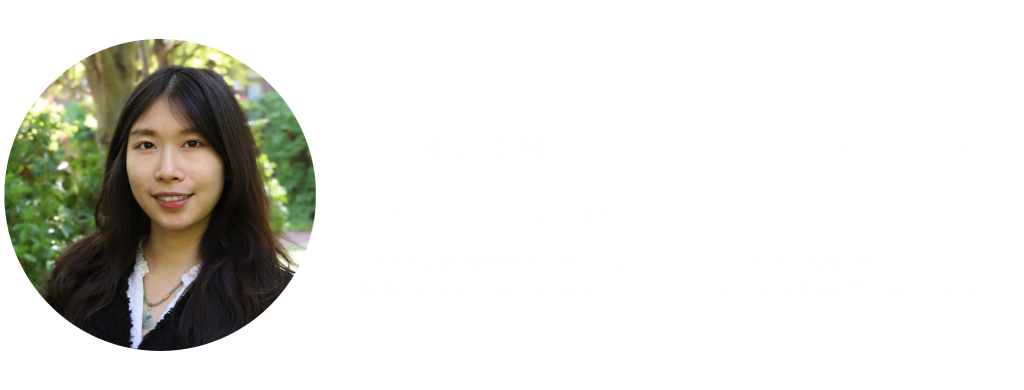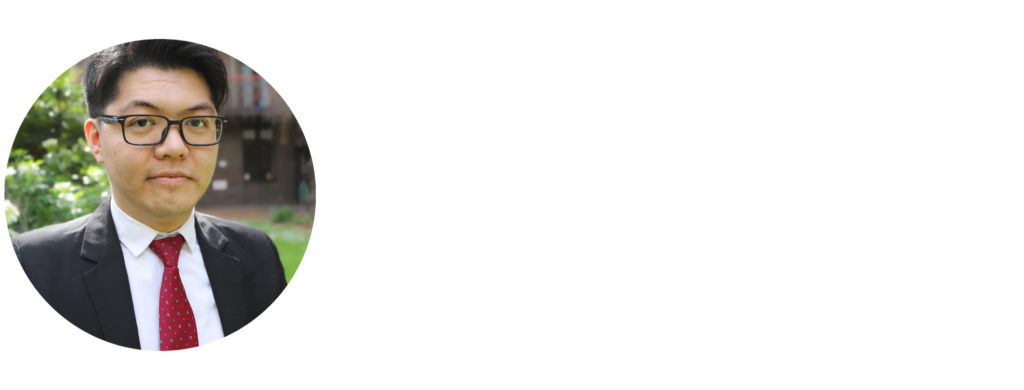We recently received a number of enquiries from clients who faced UK family visit visa refusals on their applications, often on the grounds of “immigration intent” or issues relating to their bank statements.
Such refusals can be disheartening and disrupt long-awaited reunions with loved ones. Fortunately, with the professional assistance of Lisa’s Law, these clients have been granted their visas and successfully travelled to the UK to visit their families.
In this article, we draw from cases we have dealt with to explore the common reasons behind visitor visa refusals and share expert advice on how to avoid making the same mistakes in future applications.
Understanding the Main Reasons for Visa Refusals
To solve a problem, it is important to first understand it. Based on our experience, the Home Office typically refuses visitors visa for the following reasons:
-
Inconsistent or Unexplained Bank Transactions
Entry clearance officers place great emphasis on an applicant’s financial situation. A well-documented and consistent bank statement is crucial in demonstrating the ability to support oneself during a stay in the UK. Sudden large deposits or unexplained transactions close to the time of your application can raise red flags.
Advice: Provide at least six months of continuous and stable bank statements. If large deposits are present, include clear documentation to explain their source to avoid suspicion.
-
Weak Ties to Your Home Country
The Home Office must be convinced that applicants have strong social and economic ties to their home country and that they will return after their visit. Failing to demonstrate these ties may lead to the assumption that the applicant intends to overstay or even settle in the UK.
Advice: Submit documents such as property ownership certificates, employment contracts, evidence of close family members residing in the applicant’s home country, or school records of dependent children. These can help illustrate commitments back home.
-
Unreasonably Long Proposed Stay
If the duration of an applicant’s intended stay appears excessive for the purpose of a family visit or tourism, it may raise doubts about their true intentions.
Advice: Suggest a reasonable length of stay and provide supporting documents such as return flight bookings, employer leave approvals, or academic commitments, to show you intend to leave the UK as planned.
-
Suspected Immigration Intent
If an applicant’s submission lacks coherence, is poorly documented, or fails to clearly demonstrate the purpose of the visit and the intention to return, the Home Office may suspect underlying immigration motives. This risk is particularly high if the proposed stay is lengthy, the applicant’s financial situation is unclear, or their ties to their home country appear weak.
Advice:
- Clearly state the purpose of the applicant’s visit. If an applicant is visiting family, include an invitation letter, proof of the inviter’s lawful stay in the UK, and documents showing the relationship with them.
- Emphasise the intent to return. Supporting evidence may include a return ticket, proof of employment, family obligations, or academic commitments in applicant’s home country.
- Ensure the documents are truthful, complete, and consistent. Any discrepancies may be interpreted as a risk factor.
-
Supporting Documents
The Home Office verifies the authenticity of all documents submitted – including bank statements, employment verification, and other supporting evidence. If any materials are found to be false, not only will the visa application be refused, but the applicant may also face a 10-year ban from entering the UK.
Advice:
All supporting documents must be genuine and translated in full by a certified translation agency, bearing an official stamp. Bank statements should be obtained directly from the bank and translated by an accredited agency with an official stamp. Employer letters must be printed on official company letterhead and signed by the employer or HR manager. Never submit forged or altered documents, as doing so may result in serious consequences, including a visa refusal and a potential 10-year ban from entering the UK.
What to Do If Your Visa Has Been Refused?
Being refused a visa does not mean you cannot apply again successfully. The key is to carefully review the refusal notice and address the specific issues raised. Every case is unique, and we strongly recommend seeking professional legal advice before reapplying. A tailored application strategy will significantly improve your chances of success.
Final thoughts
We understand that every visa application carries the deep emotional weight of wanting to reunite with family. At Lisa’s Law, we have years of experience assisting clients with UK visa applications, including those who have previously been refused.
Whether you are applying for the first time or have faced a refusal in the past, we are here to provide you with professional, one-on-one support throughout your application journey.
If you have any questions regarding immigration or visa matters, feel free to contact Lisa’s Law for expert advice and assistance. We are here to help.
Have questions? Get in touch today!
Call us on 020 7928 0276, we will be taking calls from 9:30am to 6:00pm.
Email us on info@lisaslaw.co.uk.
Use the contact form function on our website. Simply enter your details and leave a message, we will get right back to you: https://lisaslaw.co.uk/ask-question/
For more updates, follow us on our social media platforms! You can find them all on our Linktree right here.




